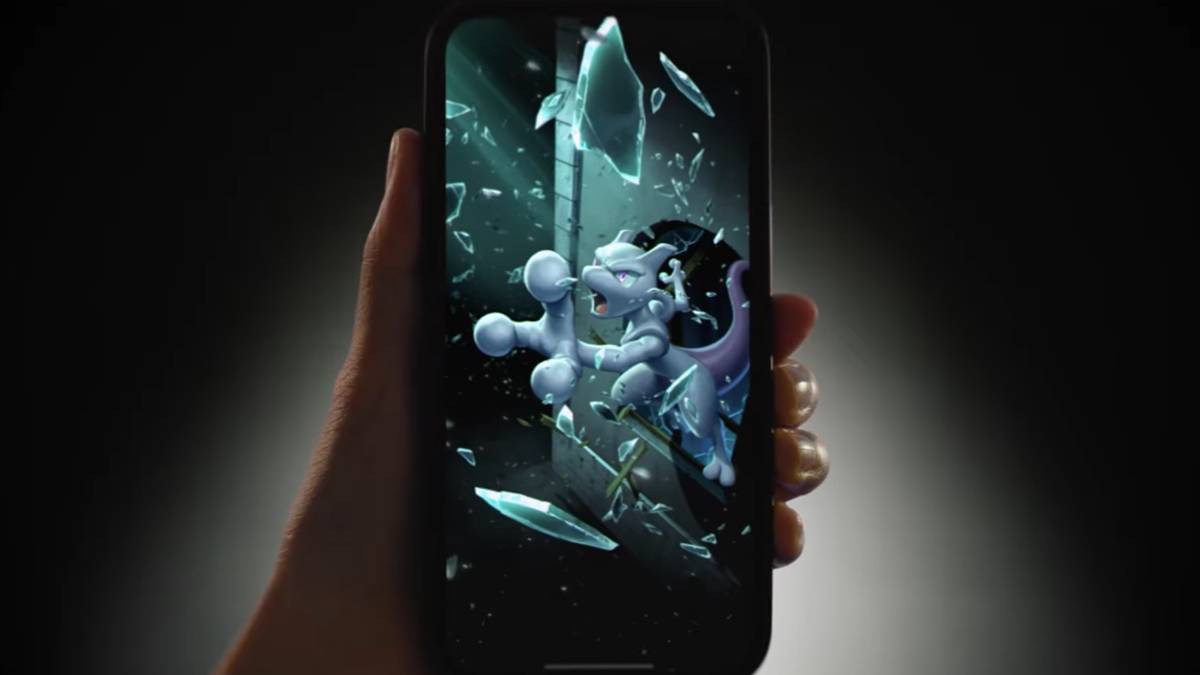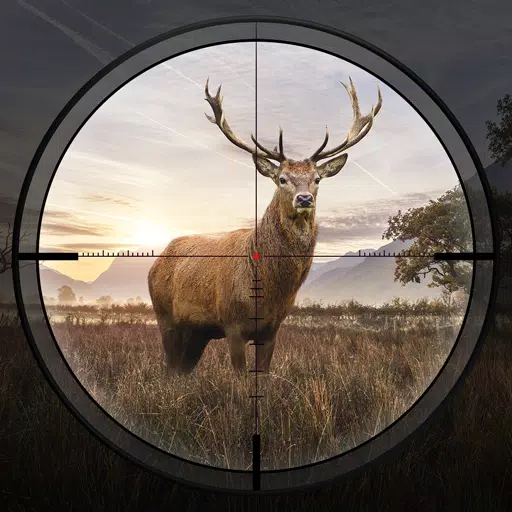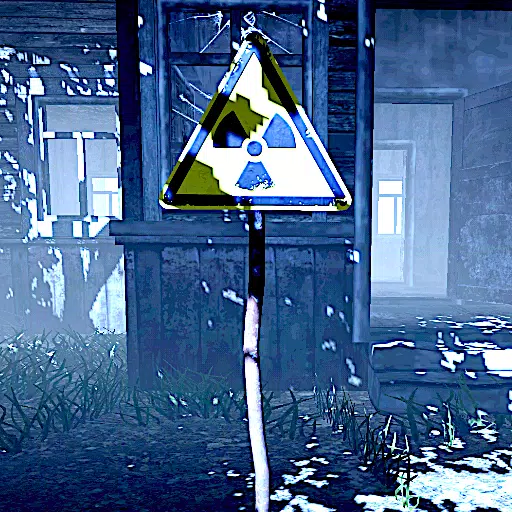They Don’t Make ‘Em Like David Lynch Anymore
The Twin Peaks pilot opens with the mundane: a high school student sneaking a cigarette, a boy summoned to the principal's office, attendance being taken. Then, a police officer whispers to the teacher. A scream pierces the air; a student flees across the courtyard. Tears well in the teacher's eyes. An announcement is imminent. David Lynch's camera rests on an empty desk, two students exchanging a look, a silent understanding dawning: Laura Palmer is dead.
Lynch masterfully captured life's surface details, yet his genius lay in dissecting them, revealing the unsettling "not rightness" he perceived lurking beneath. This Twin Peaks moment encapsulates a recurring theme throughout his career, yet it's far from his *only* defining scene. Decades of filmmaking yielded countless moments that resonate deeply with fans, each interpretation unique.
The unsettling, dreamlike quality that defines his work has become synonymous with the term "Lynchian." This adjective, rarely bestowed, signifies something profoundly unsettling and disorienting, transcending the specifics of his individual works. It's a testament to his singular vision.
For many, watching Eraserhead was a cinematic rite of passage. Years later, one of the authors' sons, independently, embarked on the same journey, alongside his father. This speaks to the enduring, oddly timeless appeal of Lynch's work.
Consider Twin Peaks: The Return (2017). Amidst Hollywood's nostalgia boom, Lynch defied expectations. He created a bizarre world, complete with a 1956-esque child's bedroom in a nightmarish setting, showcasing a father who is a clone from another dimension and an evil counterpart who violently attacks a character. The show notably omitted key characters from the original, a distinctly un-Lynchian act of subversion.
His Dune, while a notorious misfire, remains undeniably Lynchian. His troubled experience making the film, detailed in Max Evry's A Masterpiece in Disarray, is evident in the bizarre imagery, such as a cat/rat milking machine – a uniquely Lynchian touch.
Yet, Lynch's work also possesses a strange beauty. The Elephant Man, while Oscar-bait, is a touching film set against the unsettling backdrop of a historical era where the mistreatment of sideshow freaks was tragically real. This poignant portrayal is, in itself, quintessentially Lynchian.
Defining Lynch's work through genre or trope is futile. His films are dark, funny, dreamlike, surreal, and strangely organic—a blend of elements that his admirers will continue to celebrate. He was obsessed with the world beneath our own, relentlessly pulling back the curtain to expose its hidden horrors.
Blue Velvet exemplifies this. A seemingly standard noir, set amidst idyllic Americana, plunges into a world of drug dealers and unsettling characters, revealing the deceptive nature of appearances. Influenced by sources largely absent from contemporary cinema, his work remains uniquely his own.
AnswerSee ResultsWe are now witnessing a second or third generation of filmmakers influenced by Lynch. Initially, artists from other disciplines adopted film as their medium. Later, filmmakers sought to emulate the movies of their youth. Lynch is among this latter group.
However, Lynch transcended being a mere amalgamation of influences; he became an influence himself. This explains the enduring power of "Lynchian" and the unlikelihood of witnessing another filmmaker quite like him.
I Saw the TV Glow (2024) features a scene in a bar with live music. The camera movement, the singer's attire, the strobing lights—it's a distinctly Lynchian atmosphere. Jane Schoenbrun's film, inspired by Twin Peaks, showcases the breadth of Lynch's influence.
Filmmakers like Yorgos Lanthimos (The Lobster), Robert Eggers (The Lighthouse), Ari Aster (Midsommar), David Robert Mitchell (It Follows, Under the Silver Lake), Emerald Fennell (Saltburn), Richard Kelly (Donnie Darko), Rose Glass (Love Lies Bleeding), and even Denis Villeneuve (in his earlier works) all bear the mark of Lynch's influence.
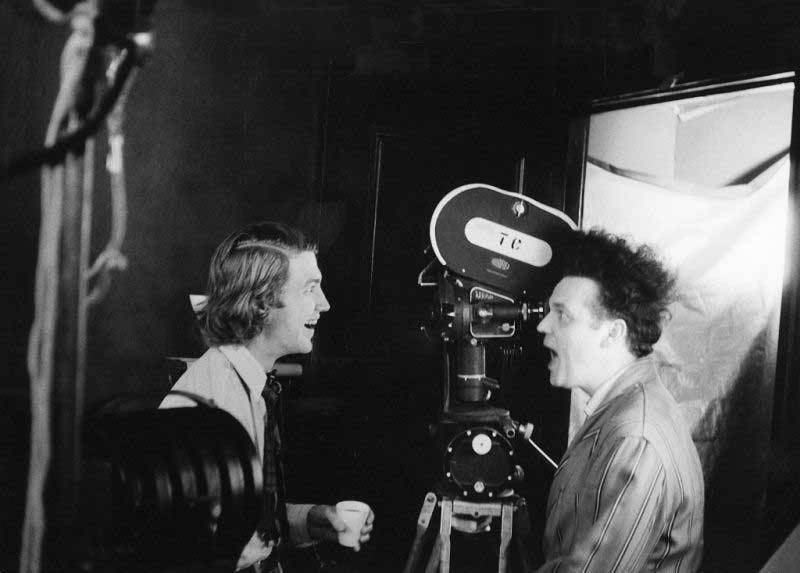
While not everyone's favorite, Lynch's impact is undeniable. Like his films, which evoke a bygone era to explore a reality just beyond our perception, his legacy will continue to inspire future generations of filmmakers. We will continue to seek the "Lynchian" elements lurking beneath the surface.
Latest Articles











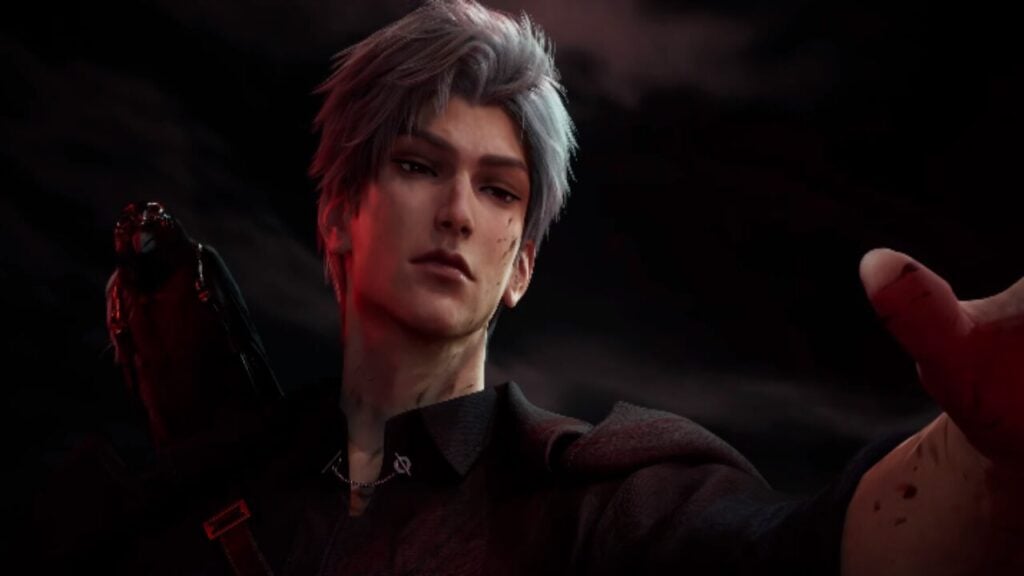
![Roblox Forsaken Characters Tier List [UPDATED] (2025)](https://images.dyk8.com/uploads/18/17380116246797f3e8a8a39.jpg)






